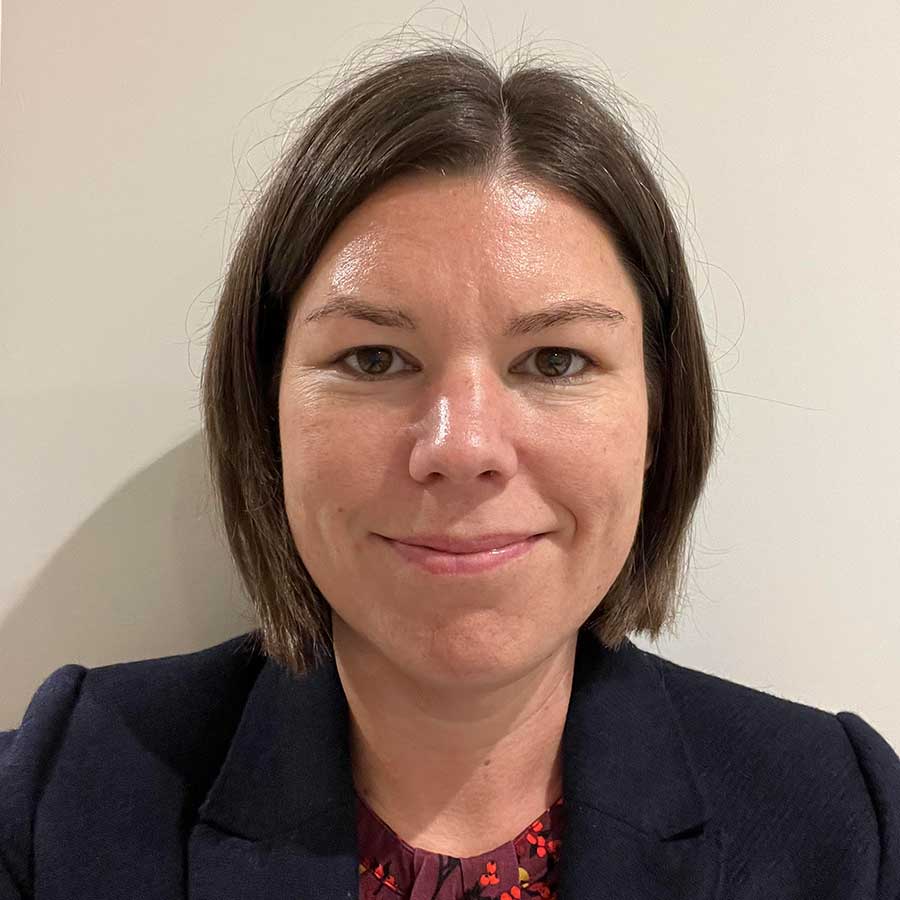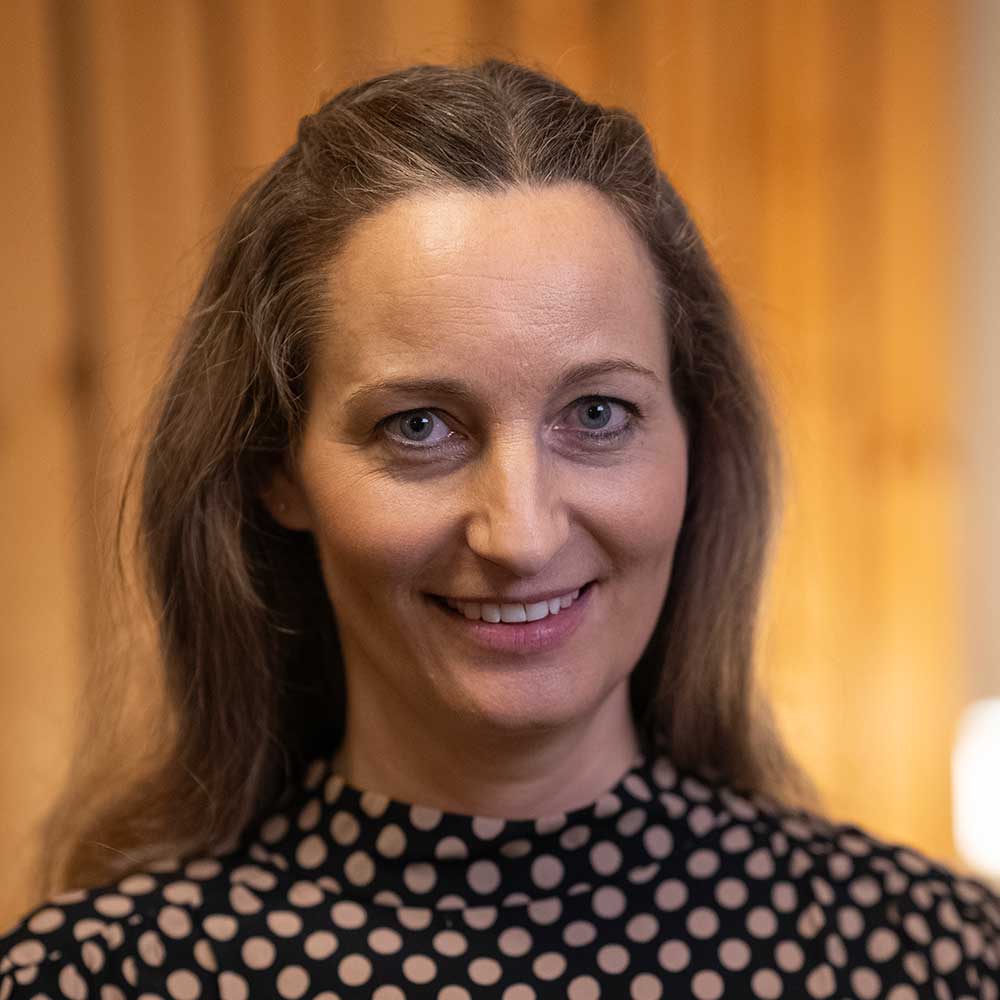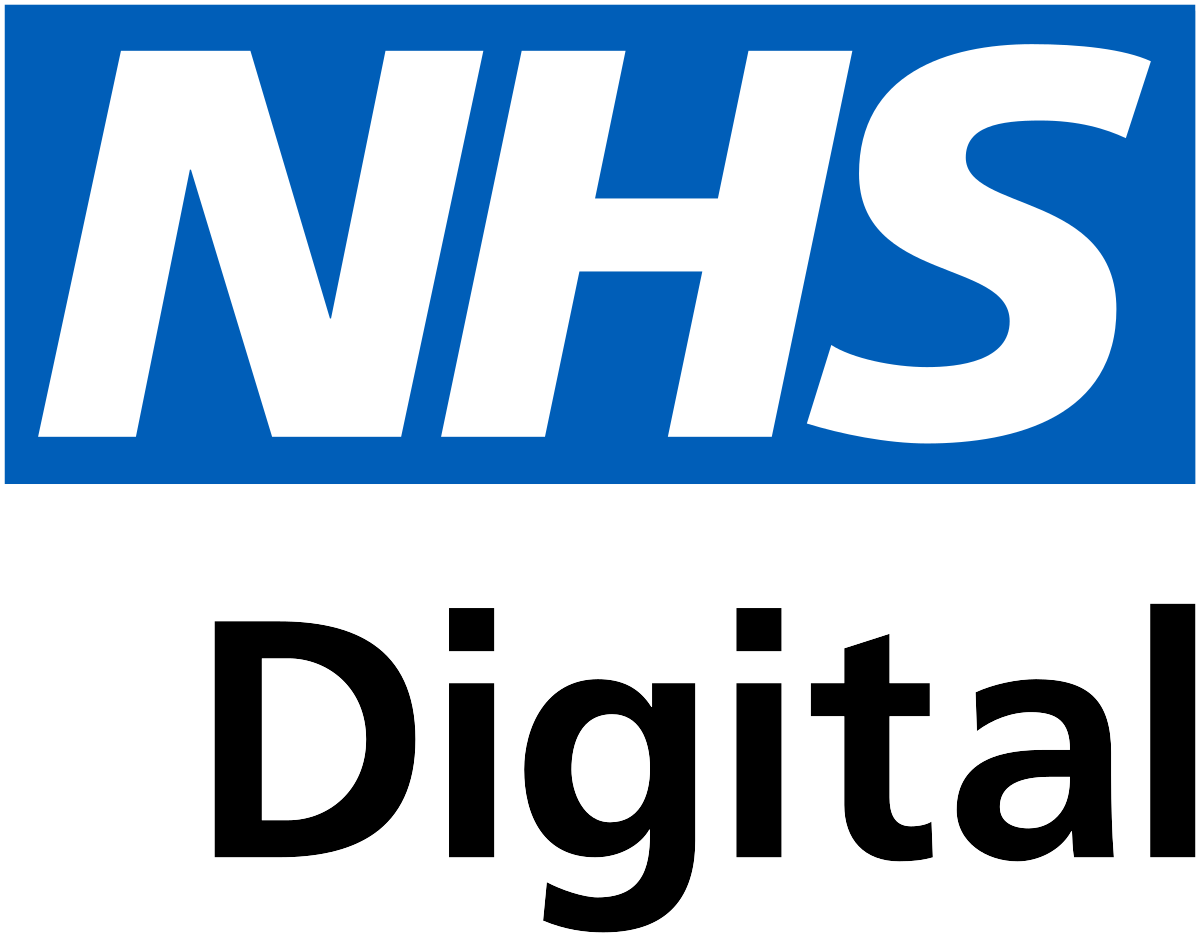Memory Assessment Service
Private Dementia and Memory Assessment
Our consultant-led service provides advanced diagnostics and specialist assessment to help identify potential causes early and guide treatment options. You will receive a clear report, a personalised plan to support brain health, and ongoing care in partnership with Cromwell Hospital.
Our Memory
Assessment Team
Our dedicated memory assessment team brings together leading consultants with extensive experience in diagnosing and managing cognitive disorders.



Alistair Burns CBE


Recent surveys have shown that many people are now more concerned about developing dementia than cancer. This may reflect the significant improvements in cancer treatments on the one hand, and the slower progress in therapeutic options for dementia on the other. According to the Alzheimer’s Society, approximately 982,000 people in the UK are currently living with dementia, and this figure is projected to rise to 1.4 million by 2040.
More than 100 medications are currently being tested for the treatment of dementia, it is likely that additional treatment options will become available in the near future.
Most treatments have been shown to be most beneficial early in the course of the illness. Once dementia is well underway, the resulting brain damage is largely irreversible. Therefore, treatment (and assessment) should begin as soon as possible. In other words, there is a “window of opportunity”: individuals who start medications and address their risk factors early are likely to receive the greatest benefit from these
A Complete and Comprehensive Diagnostic Package
We offer a comprehensive package of assessments and investigations, which provides you with a full picture of:
Your risk of developing dementia in future, if you do not have symptoms yet.
If you do have symptoms we will establish how far the illness has progressed.
The risk that any symptoms already present will worsen.
The likelihood you may benefit from certain medications (including if you are eligible for such medications).
A comprehensive tailor-made risk mitigation plan, with active support and monitoring of progress.
The assessment
What happens before the assessment starts?
We provide an hour long Video Consultation with one of our Senior Consultant Older Adult Psychiatrists:
to explore the reasons for the request for assessment
carry out a preliminary cognitive test (the ACE-3R)
explore some of the relevant clinical background
answer any questions you may have regarding the full assessment
and explore your options
so that is is clear what can be expected when booking for the comprehensive assessment package.
This video consultation costs £1,245, but this will be deducted from the overall cost of the full comprehensive assessment in case such a booking follows on from the initial one hour consultation.

In Partnership with Cromwell Hospital
We partner with Cromwell Hospital in London, a private hospital with the appropriate facilities and machinery, to conduct these tests and investigations.
Additionally, we are among the pioneering providers in the UK to offer the Amyloid PET CT Scan and Tau 217 Blood Test.

What investigations does the assessment consist of?
Genetic Testing
This includes testing for the APOE-4 gene, presence of which may influence the risk of getting dementia.
Blood Tests
Comprehensive range of routine blood tests to establish any reversible causes of Dementia.
ECG
A routine heart film to ensure no cardiac problems implicated in dementia are present.
Amyloid PET CT Scan
An amyloid PET (Positron Emission Tomography) scan is a specialised imaging test that makes amyloid plaques in the brain visible. These plaques are abnormal protein deposits that accumulate in the brains of individuals with Alzheimer’s disease and some other dementias, often long before symptoms appear.
Tau 181/217 Blood Test
These blood tests both measure the levels of specific tau proteins in the blood that are strong biomarkers for Alzheimer’s Disease, reflecting the presence of amyloid plaques and tau tangles in the brain.
MRI Brain Scan
The MRI scan is particularly useful to see if there is any brain damage (for instance as a result of traumatic brain injury or stroke) or if there is any evidence of a brain tumour.
It is important to know none of these problems are present, when assessing anyone who is worried about memory problems or developing dementia.
Furthermore, if there is any evidence of problems with the blood supply to the brain, then the new dementia treatments (lecanemab and donanemab) cannot be used.
Cognitive Investigations
The Test of Premorbid Functioning (TOPF), The Repeatable Battery for the Assessment of Neuropsychological Status (RBANS), Delis-Kaplan Executive Function System (D-KEFS) and the Graded Naming Test (GNT).
Fees
The total fee for our comprehensive assessment package is £12,345.
Notes
- The assessment concludes with an hour long Consultation with your Consultant Older Adult Psychiatrist, who will discuss the findings and conclude them with a treatment plan.
- Follow up consultations, any further investigations and the cost for the medications are not included in the fee for our assessment package and will need to be paid separately.
- If the initial one-hour consultation leads to booking the full comprehensive assessment, then the £1,245 already paid will be deducted from the overall fee.
Psychological Cognitive Tests
The neuropsychological assessment involves completion of a set of cognitive tests, which are designed to examine how the brain functions. The standardised tests assess a variety of cognitive functions, including memory, attention, language and visuospatial abilities. This results in an overview of a person’s cognitive profile, including areas of strength and difficulty, as well as providing a baseline for possible future monitoring.
The standard battery of assessments which are used in the neuropsychological assessment are outlined below.
The Test of Premorbid Functioning (TOPF)
The TOPF is a word reading test designed to provide an estimate of an individual’s previous cognitive / intellectual and memory abilities. This supports us in considering how a person’s current cognitive abilities compare to their long-standing previous level of functioning.
The Repeatable Battery for the Assessment of Neuropsychological Status (RBANS)
The RBANS assesses five key cognitive domains: attention, immediate memory, delayed memory, language, and visuospatial / constructional abilities. The RBANS was specifically developed for identifying cognitive changes associated with different types of dementia.
Delis-Kaplan Executive Function System (D-KEFS)
The D-KEFS is a standardised set of tests designed to evaluate higher level cognitive functions (“executive functions”), including sequencing, switching and flexible thinking. The following sub-tests from the D-KEFS will be used usually as part of the neuropsychological assessment:
Trail making test – a set of visuomotor sequencing tasks which are designed to measure abilities including sequencing, switching, cognitive flexibility, and processing speed.
Verbal fluency test – a set of language tasks designed to assess a person’s ability to generate words from a specified category or letter.
Graded Naming Test (GNT)
A tool used to evaluate an individual’s ability to name objects, particularly in the context of identifying possible difficulties with finding / retrieving words, which can be an early indicator or a neurodegenerative condition such as dementia.
What happens when the assessment has been completed?
You will have a comprehensive review by your Consultant, particularly addressing the following issues:
- Comprehensive review of all risk factors
- Any need for further tests
- Review of current medication (if any)
- Exploring options of anti-dementia medication
- Full reporting to the GP
- Recommend a treatment plan and advise on follow up arrangements.
Get in touch
Complete the form below and a member of our team will be in touch about our private dementia and memory assessments.







